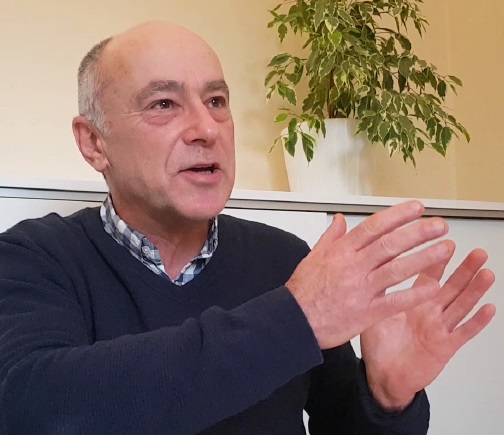4. WHAT ARE WE TRYING TO ACHIEVE?
Section outline
-
-
Please post a brief comment to share with other learners. Click on "reply" below to post your thoughts. Please answer these 2 questions in your post:
1. What is your role in these conversations? Please post a sentence or two describing what you think your role is when you talk with someone who is hesitant about having the Covid Vaccine. What are you trying to achieve?
2. How do these conversations make you feel? You may also wish to share a few thoughts about how these conversations make you feel; or how you imagine they might make you feel. Are you anxious, frustrated, angry, excited?
